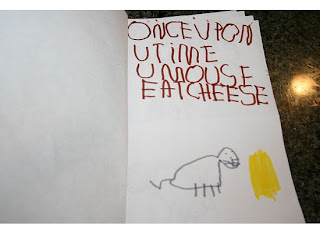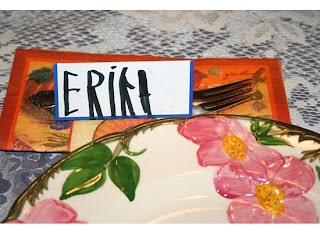END-OF-YEAR READING RECOMMENDATIONS FROM AND FOR PRACTICING WRITERS
Compiled by Erika Dreifus
Throughout 2008 my writing life intersected with the work of other practicing writers in many ways. I profiled writers, reviewed their books, and/or simply mentioned their efforts in this newsletter or on my blog. So I thought I’d return to some of these writers and invite them to participate in an end-of-year roundup article in which they might cite ONE book they’d read this year that they’d recommend to other writers and explain why they thought writers, especially, might enjoy it.
I told the participants that they could spotlight any type of book – fiction, nonfiction, poetry, writing reference, etc. Anything. My only condition was this: They could not recommend their own books. I’m gratified and inspired by the responses my invitations yielded, and I thank these authors once again for sharing their time and thoughts with us.
“The book I am truly excited about reading is Ryszard Kapuscinski’s Travels with Herodotus (Knopf 2007). It’s a wonderful translation from the Polish [by Klara Glowczewska] that keeps the directness and luminous quality of the writing. The author travels from his native place to India, to China, to Sudan. The themes of crossing borders, of memory and history are all evoked with great wisdom and clarity in this book. He writes of hearing Louis Armstrong play in Khartoum, an amazing concert I was fortunate enough to go to when I was a child. I have been carrying this book with me from New York, to Provence, and will take it to India as I continue my travels.”
—Meena Alexander
===
“Leaving Mother Lake: A Girlhood at the End of the World, by Yang Erche Namu, Christine Mathieu. This is a memoir of growing up in a small Tibetan village near China’s border, in Moso country, called “the Country of the Daughters.” Here a sort of matriarchy reigns – still, today – called walking marriage. The women take as many lovers as they want and the men continue to reside in their mothers’ homes. Yang writes of her girlhood there in the late-1960s, early-’70s where she was known as “the girl who was given back three times.” The story is magnificent – you’ll wish for more of it.”
—Camille Cusumano
===
“I reread Zen and the Art of Motorcycle Maintenance by Robert Pirsig (HarperCollins) this summer. What Pirsig does so well is to use a motorcycle road trip of a father and his son as a narrative ‘engine’ to explore dense philosophical ideas about the nature of Quality. We wouldn’t read the philosophy without the road trip, and vice versa. The book is a great reminder of how narrative can be used to present abstract ideas.”
—Sandeep Jauhar
===
“I’ve always been interested in the work of Patricia Smith. And now, she has given us Blood Dazzler: poems so true, it hurts to read them, so gorgeous you can’t put them down. The subject: New Orleans in the wake of Hurricane Katrina. If you think you’ve heard all you need to hear, or even all you care to hear on this subject, give Patricia Smith a chance, so she can show you all you failed to see and failed to feel. In addition to the triumph of this work in its own right, Blood Dazzler [was] nominated for a National Book Award.
—Tayari Jones
===
“This year I had the marvelous experience of reading Chasing the Flame: Sergio Vieira de Mello and the Fight to Save the World by Pulitzer Prize winner Samantha Power. The life story of a Brazilian diplomat and his lifelong service of the United Nations, Chasing the Flame is much more than an extremely rich and complex portrait of a truly remarkable man; it is also a fascinating look at the intricacies of recent international relations, particularly as they influence the Third World. As a writer, I was especially struck by Power’s sense of ethical balance and her ability to represent all sides of a subject whom she clearly admires but wisely chooses not to deify.”
—John T. Matteson
===
Here’s my recommendation: My Misspent Youth, essays by Meghan Daum (Open City Books). A must-read for any young writer who dreams of packing up their VW Beetle and moving to New York City to pursue their literary dreams. Daum’s world is both hilarious and perilous; she takes her reader from band camp, to the big New York publishing houses, to Flight Attendant Training School. By the end, she’s in debt up to her eyeballs, but has had such fun getting there that it almost seems worth it.
—David McGlynn
===
I’m going to nominate a new collection of stories written by a friend of mine, David McGlynn, called The End of the Straight and Narrow (SMU Press, 2008), that I really liked. The stories, many of which engage questions of religious (Christian) faith, are filled with amazingly complex, human characters that touched me in a way I rarely feel with contemporary fiction. They are also beautifully written – a wonderful example of what can be done with the short story form.
—Margot Singer
© 2008 Erika Dreifus. This article originally appeared in The Practicing Writer, a free monthly newsletter, and it may not be reprinted without permission.


